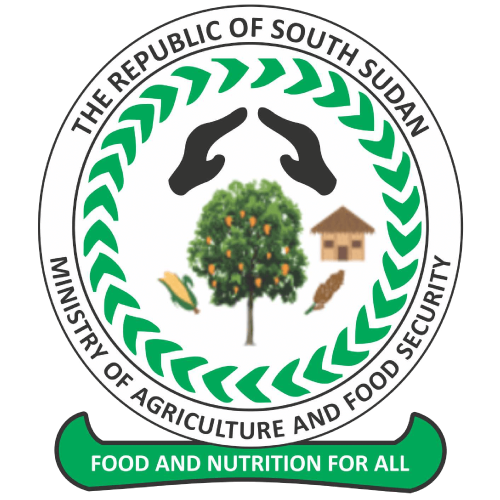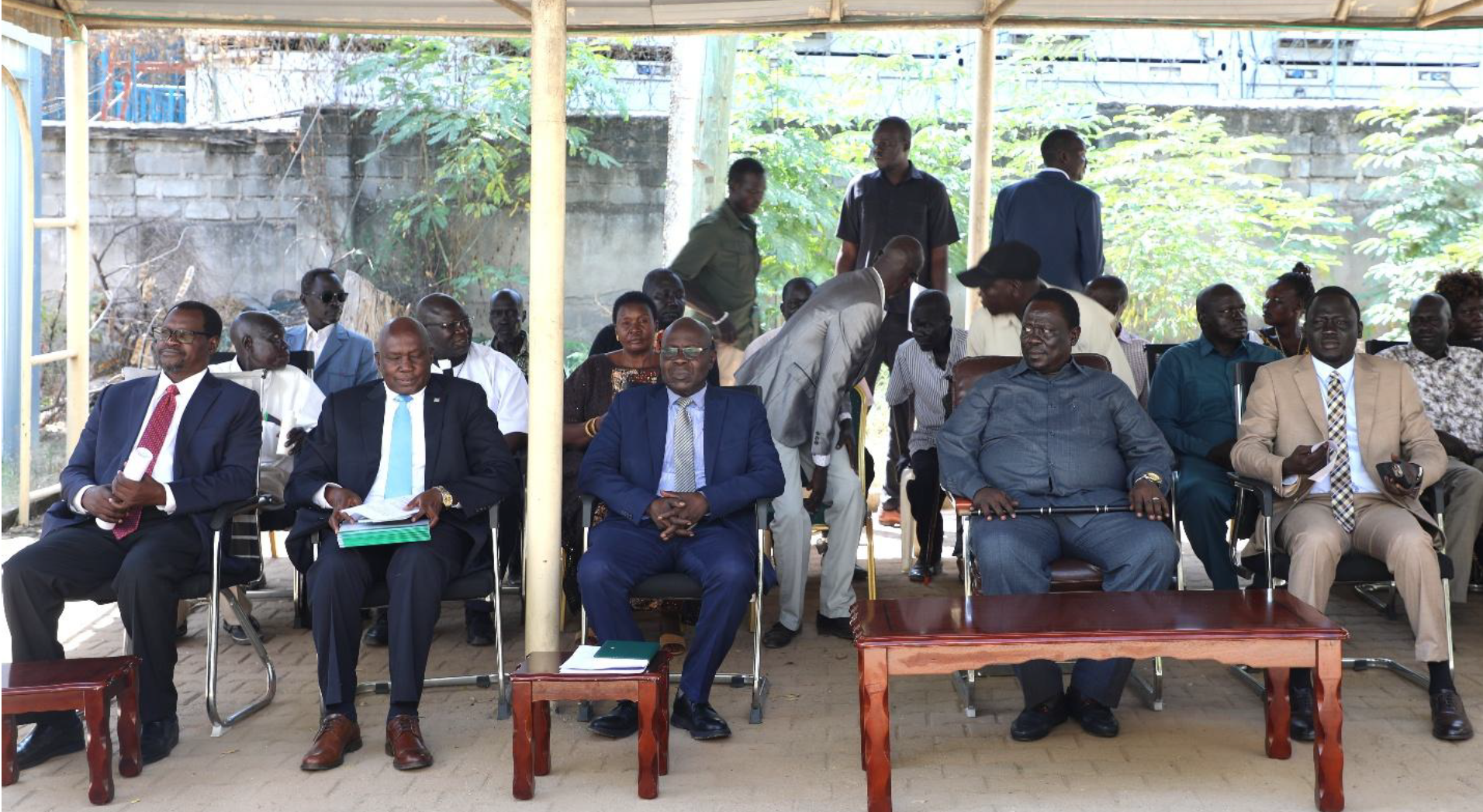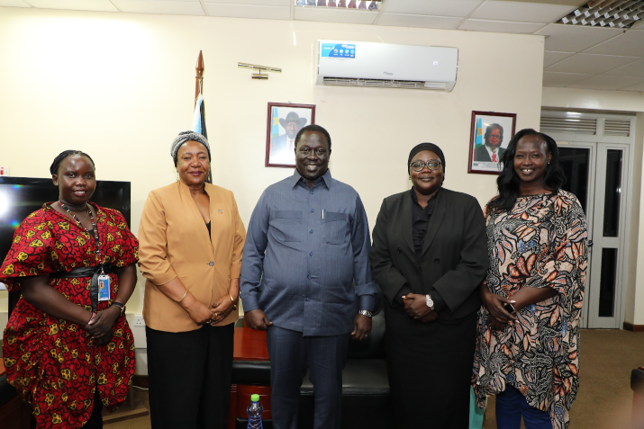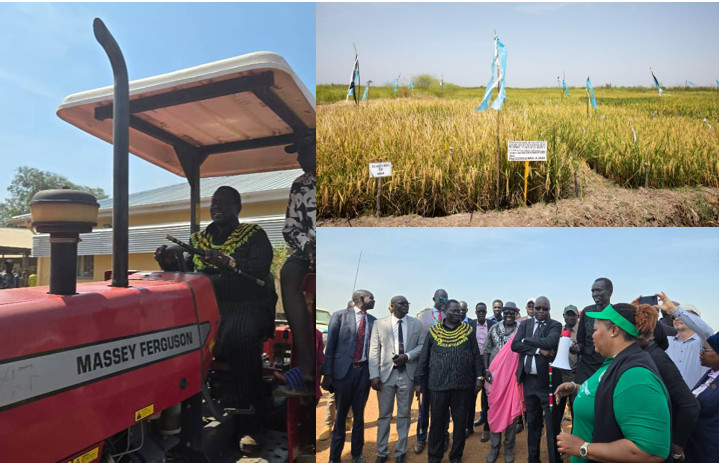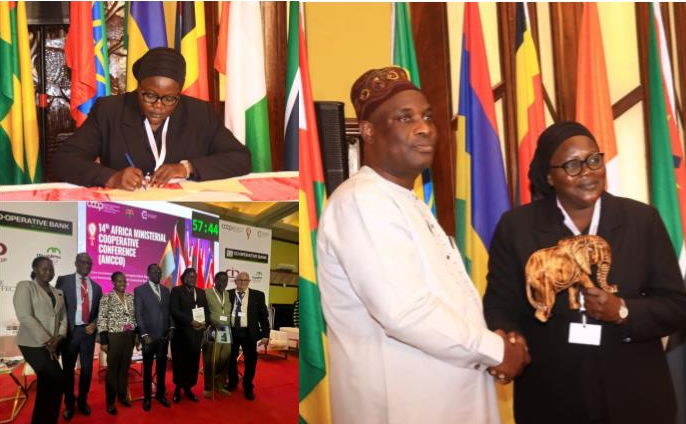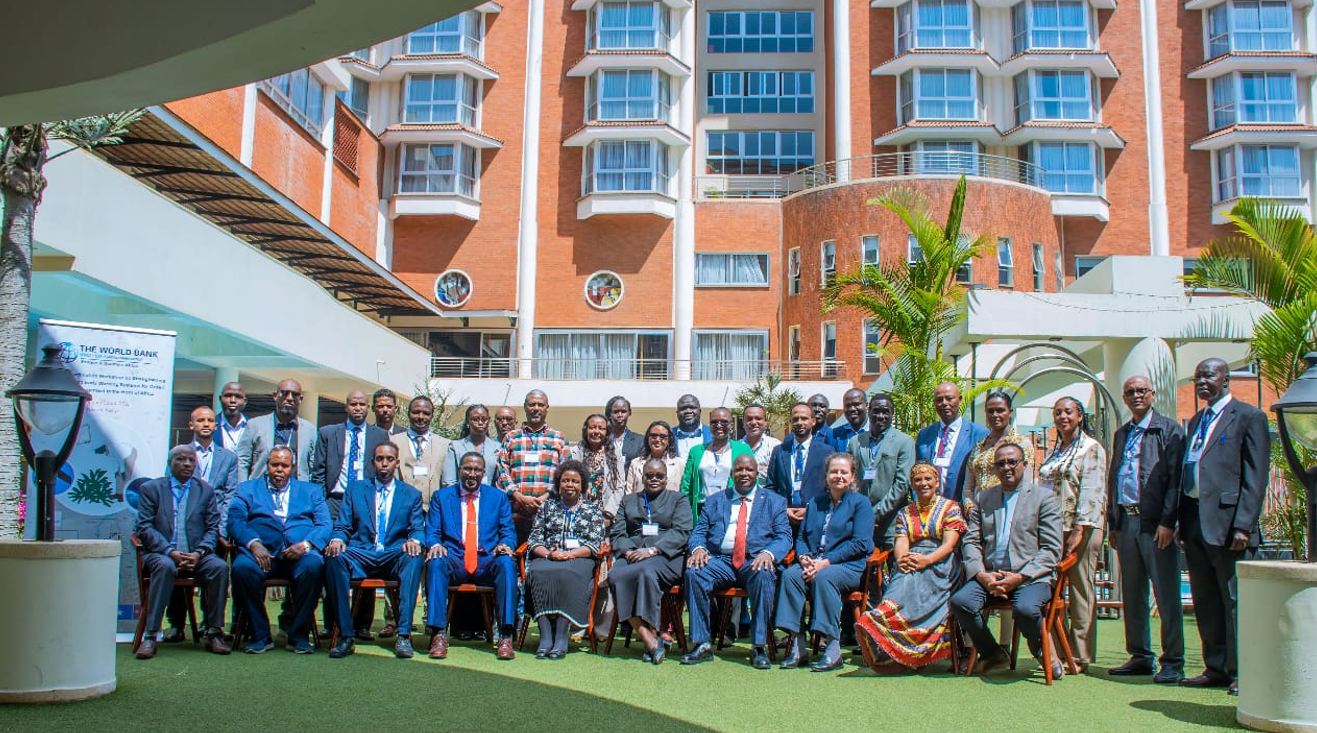Background and History
Overview
The Ministry of Agriculture and Food Security (MAFS) in South Sudan is a ministry in the current Revitalized Transitional Government of National Unity, tasked with food and nutritional security of the country. The primary goal of the Ministry of Agriculture and Food Security (MAFS) in South Sudan is to enhance the quality of life for the majority of the rural population, which is over 87%, by increasing agricultural productivity and ensuring sustainable and quality food production. This involves integrated planning and sustainable management of the country’s agricultural resources. The sitting minister is Honorable Abdelbagi Hussein Akol while Lily Albino Akol Akol serves as the Deputy Minister of Agriculture and Food Security
South Sudan has an immense potential for sustainable agricultural development with abundant land and favourable agro-ecology conditions. More than half of the total land area is prime agricultural land, while the remaining 50 per cent is composed of marginal arable land, forests, mountains, rivers and wetlands.
The total land area of South Sudan is about 658,842 sq km while cultivated area is 27,712 sq km. Much of the country receives adequate annual rainfall, favourable to grow a range of crops. The amount and distribution of rainfall varies by region ranging from 500 mm per year in the north, providing a growing season of 100-150 days, to about 2000 mm in the Southwest where the growing season is 150-250 days.
The potential for irrigated agriculture is huge thanks to many permanent large and small rivers, seasonal rivers, as well as underground water reservoirs. There are also extensive swamplands that could be developed for large scale rice and sugarcane production schemes.
The diverse soil and climatic conditions provide multiple options to grow different crops. Some of the world’s rare and indigenous crop varieties such as finger millet and sorghum are important part of the traditional farming systems. Other crops include cereals such as sorghum, finger millet and maize; root and tubers like cassava, sweet potato and yams; oilseeds like groundnut, sesame, soybean and sunflower; pulses like beans, cowpeas and pigeon pea; fruits such as mangoes, citrus, avocados; and vegetables; and cash crops coffee, tea, cotton and sugarcane.
Both the forest and non-timber products are also important in supporting the livelihoods of the rural population.In addition, the agriculture sector considered to be crucial part of the economy, contributing about 23 % to the Gross Domestic Product(GDP) according to the World Bank,(2021).
| LIST OF MINISTERS OF AGRICULTURE SINCE | |||
|---|---|---|---|
| F | REVITALIZED AGREEMENT ON THE RESOLUTION OF CONFLICT IN SOUTH SUDAN (R-ARCSS)-18 SEPTEMBER, 2018 | ||
| 2 | Hon. Hussein Abdulbagi Akol | 2025 | |
| 1 | Hon. Josephine Joseph Lagu Yanga | 2020 | 2025 |
| E | AGREEMENT ON THE RESOLUTION OF CONFLICT IN SOUTH SUDAN (ARCSS)-05 AUGUST, 2015 | ||
| 2 | Hon. Onyoti Adigo | 2016 | 2020 |
| 1 | Hon. Dr. Lam Akol | 2016 | 2016 |
| D | INDEPENDENCE OF THE REPUBLIC OF SOUTH SUDAN-09 JULY 2011 | ||
| 2 | Hon Beda Machar | 2013 | 2016 |
| 1 | Hon. Betty Achan | 2011 | 2013 |
| C | COMPREHENSIVE PEACE AGREEMENT (CPA)- 2005 | ||
| 3 | Hon. Dr. Anna Itto Leonardo | 2010 | 2011 |
| 2 | Hon. Dr. Samson Kwaje | 2008 | 2010 |
| 1 | Hon. Dr. Martin Elia Lomuro | 2005 | 2008 |
| B | COORDINATION COUNCIL OF SOUTHERN SUDAN (CCSS) | ||
| Feb-94 | |||
| 3 | Hon. Mr. Hassan Zayed | 2000 | 2005 |
| 2 | Hon. Mr. Michael Rot Puk | 1995 | 2000 |
| 1 | Hon. Mr. Ceaser Baya | 1994 | 1995 |
| A | REGIONAL GOVERNMENT-SOUTHERN REGION OF THE SUDAN | ||
| ADDIS ABABA AGREEMENT-- 03 MARCH,1972 | |||
| S/No | Name | From | To |
| 5 | Regional Ministers of Agriculture in Equatoria , Bahr El-Ghazal and Upper Nile Regions of the Sudan | 1983 | 1994 |
| 3 | Hon. Philip Mbvue | 1982 | 1983 |
| 4 | Hon. Dr. David S. Bassouin | 1983 | 1983 |
| 2 | Hon. Dr. Benjamin Bol | 1981 | 1982 |
| 1 | Hon. Dr. Gama Hassan | 1972 | 1981 |
